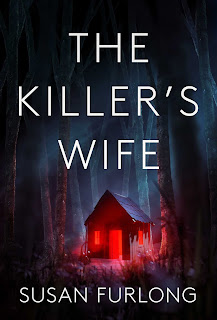
About the book, from the publisher:
Neurodivergent Maudie is ready to spend an amazing summer with her dad, but will she find the courage to tell him a terrible secret about life with her mom and new stepdad? This contemporary novel by the award-winning author of The Someday Birds is a must-read for fans of Leslie Connor and Ali Standish.Visit Sally J. Pla's website.
Maudie always looks forward to the summers she spends in California with her dad. But this year, she must keep a troubling secret about her home life—one that her mom warned her never to tell. Maudie wants to confide in her dad about her stepdad's anger, but she’s scared.
When a wildfire strikes, Maudie and her dad are forced to evacuate to the beach town where he grew up. It’s another turbulent wave of change. But now, every morning, from their camper, Maudie can see surfers bobbing in the water. She desperately wants to learn, but could she ever be brave enough?
As Maudie navigates unfamiliar waters, she makes friends—and her autism no longer feels like the big deal her mom makes it out to be. But her secret is still threatening to sink her. Will Maudie find the strength to reveal the awful truth—and maybe even find some way to stay with Dad—before summer is over?
Coffee with a Canine: Sally J. Pla & Leo.
--Marshal Zeringue




































